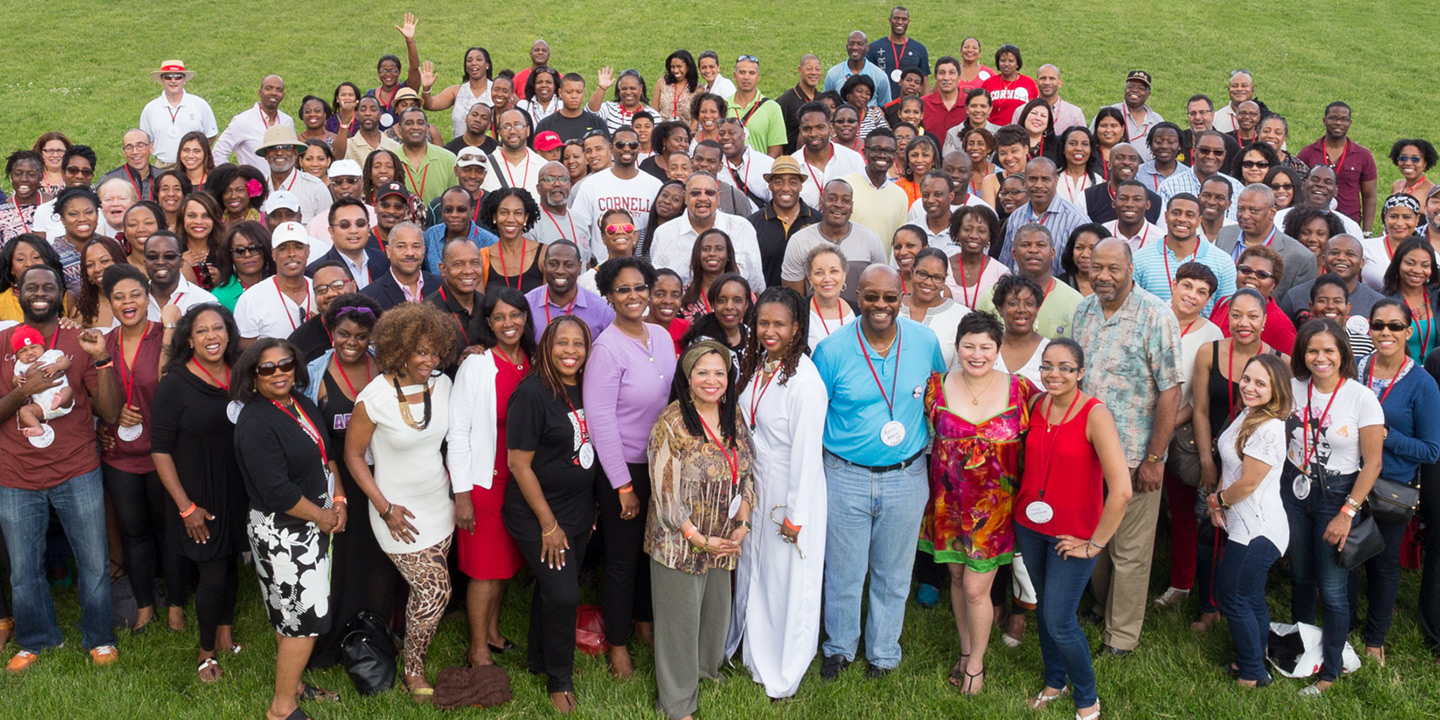According to the CDC, about 33% of people who’ve been hospitalized with COVID-19 are Black, yet only 13% of the U.S. population is Black. In a White House Coronavirus Task Force briefing on April 27, Dr. Anthony Fauci ’66 noted that the pandemic is “shining a bright light on how unacceptable that is, because yet again, …[Blacks] are suffering disproportionately.”
On April 27, the Cornell Black Alumni Association hosted “A Community in Crisis: The Impact of COVID-19 on Black People in America.” CBAA President John W. Rawlins III ’06 kicked off the discussion, saying that one of the alumni association’s goals is to “strengthen our network and community through intentional dialogue.”
What followed was a broad-ranging conversation about the disproportionate impact COVID-19 is having on the nation’s Black community. The six panelists represented diverse perspectives and areas of expertise, from mortgage banking to emergency medicine, and from politics to psychology. These distinguished Black alumni considered the complex socio-economic, historical, political, and health issues that make Black community members so vulnerable to COVID-19.
The conversation concluded with each panelist sharing one takeaway from the current pandemic, to inform future planning. Here are a few of their thoughts:
Watch the full conversation now.






